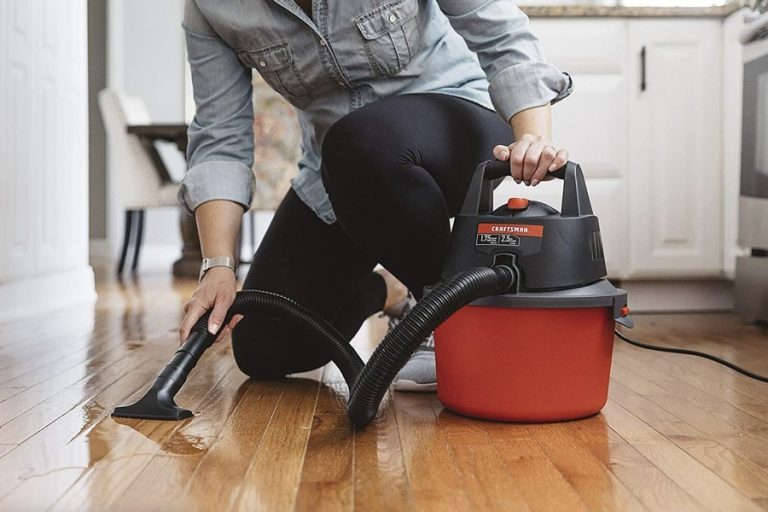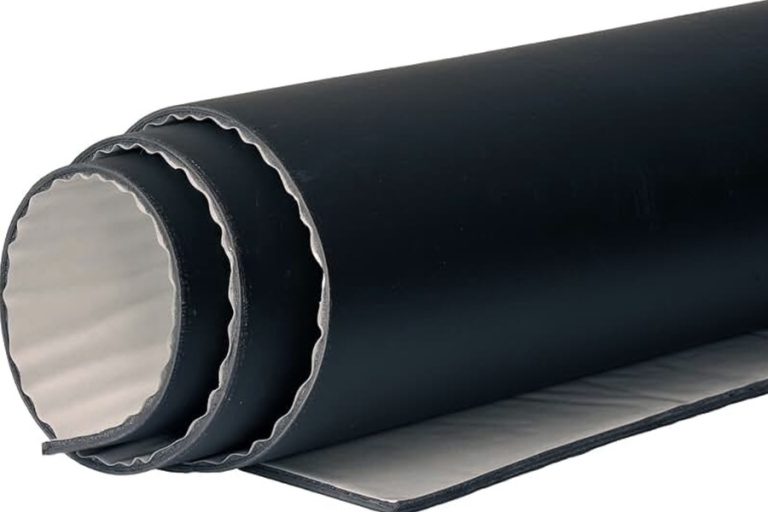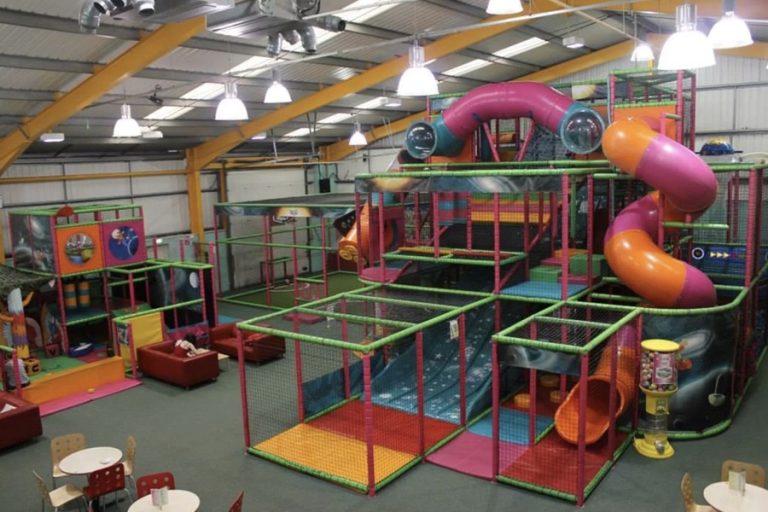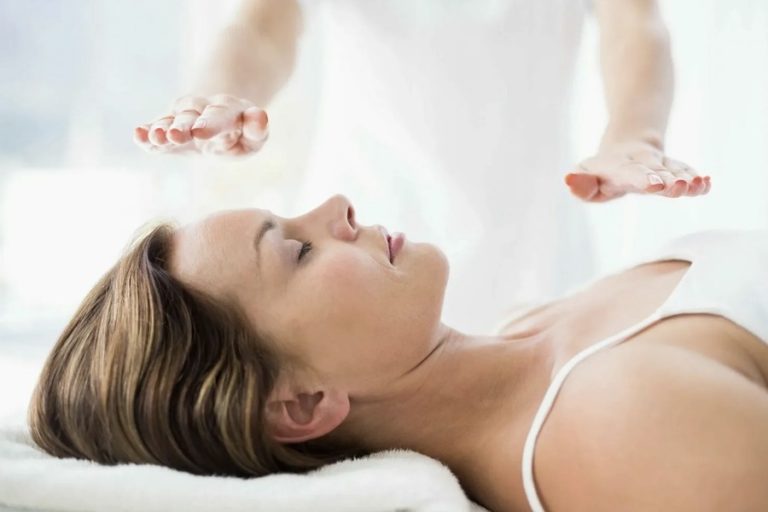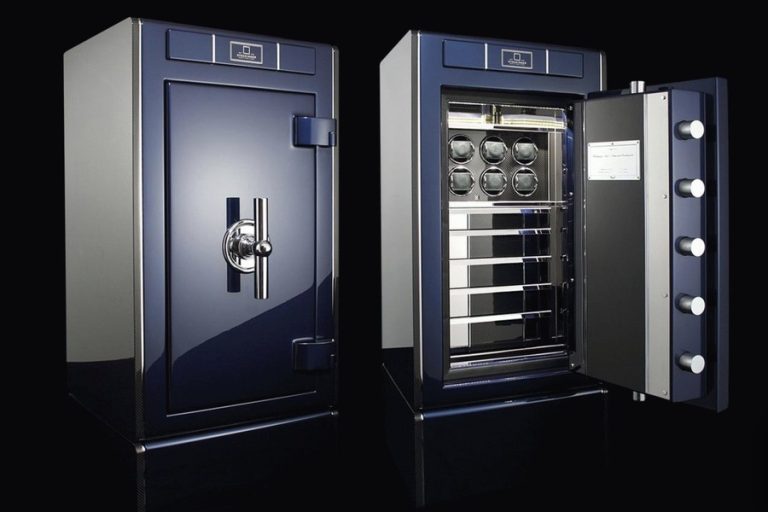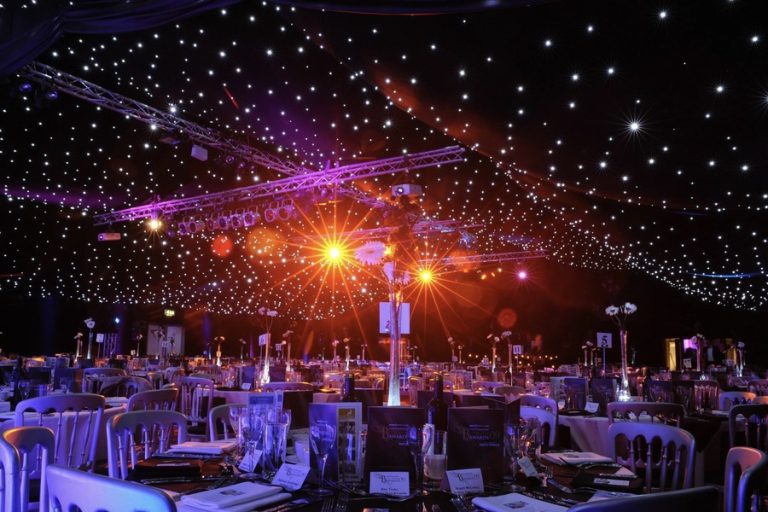Dubai, a global city known for its multicultural population and rapid growth, has established itself as a prominent hub for beauty and fashion. With expatriates comprising nearly 85% of the population, their cultural backgrounds and diverse preferences significantly shape the city’s beauty trends. From traditional practices to modern innovations, expatriates have contributed to a unique blend of styles, services, and products that define Dubai’s beauty industry. This article delves into the various ways expatriates influence beauty trends, focusing on their role in reshaping services, introducing global products, and driving demand in an ever-evolving market.
Understanding the Demographics: The Expatriate Impact
Dubai’s population, estimated at 3.79 million in 2024, is largely expatriate, with people hailing from countries across Asia, Europe, Africa, and the Americas. This diversity brings a wide range of cultural norms and beauty preferences, influencing the services and products available in the local market. For instance, South Asian expatriates often prioritize hair care and natural skincare routines, while Western residents favor advanced cosmetic procedures and skincare treatments. This mix creates a dynamic demand that beauty businesses must cater to.
The UAE’s inclusive policies for expatriates and its status as a global financial hub further cement the continuous flow of international residents, ensuring the steady evolution of beauty trends in the region.
Cultural Integration and the Fusion of Traditions
One of the most notable impacts of expatriates on Dubai’s beauty industry is the fusion of cultural practices. Traditional Middle Eastern beauty rituals, such as the use of henna and oud-based perfumes, have gained traction among expatriates. Conversely, international residents have introduced practices such as advanced facial treatments and specific hair coloring techniques that were less common in the region.
This cultural interplay not only diversifies beauty offerings but also fosters innovation. For instance, salons and spas now offer hybrid treatments combining global practices with local traditions. This seamless blend appeals to Dubai’s diverse clientele and reflects the city’s globalized identity.
Shaping the Demand for Cosmetic Products
The influence of expatriates is particularly evident in the retail segment of the beauty industry. The demand for international skincare and makeup brands has surged as expatriates seek products they are accustomed to using in their home countries. As a result, major retailers in Dubai stock a wide variety of global brands catering to different skin types, tones, and preferences.
In addition, the influx of expatriates has prompted the introduction of niche beauty brands that cater to specific needs. For example, organic and vegan products have become increasingly popular, reflecting global trends brought by the expatriate population. This diversity in product offerings ensures that Dubai remains a leading market for beauty enthusiasts.
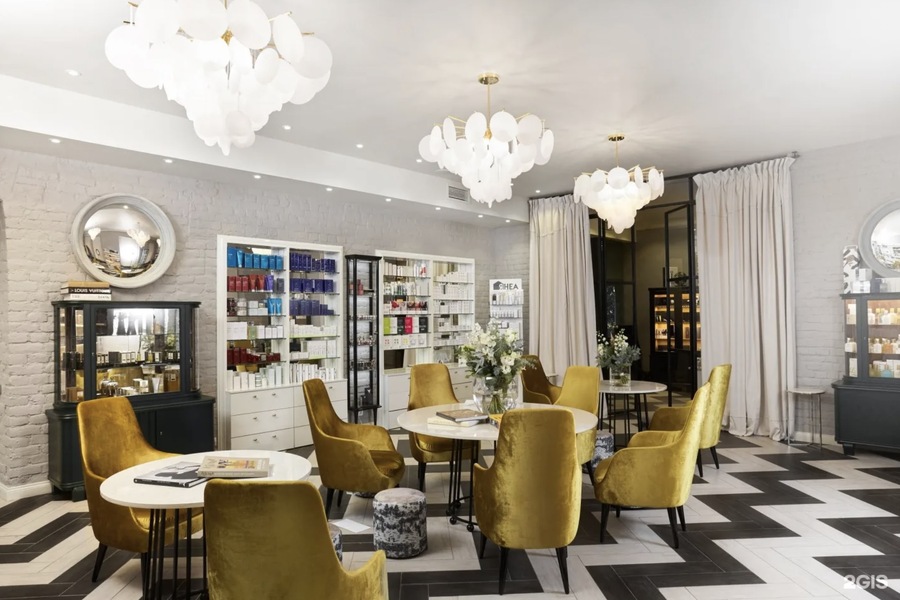
Adapting Salon Services for a Multicultural Clientele
Beauty salons in Dubai have had to adapt their services to meet the expectations of a multicultural clientele. Treatments are now tailored to cater to various hair textures, skin types, and beauty preferences. For instance, South Asian expatriates often seek threading and oil-based hair treatments, while Western clients prefer balayage and advanced facials.
Salons like Zieda’s Beauty Lounge exemplify this adaptability, offering a mix of traditional treatments including globally popular services. By accommodating a broad range of preferences, salons attract a diverse customer base, enhancing their reputation in Dubai’s competitive beauty market.
Social Media: The Catalyst for Beauty Trends
Social media platforms play a crucial role in shaping beauty trends, with expatriates acting as key contributors to this digital exchange. Platforms like Instagram, TikTok, and YouTube allow individuals to share beauty routines, product recommendations, and treatment reviews, creating a ripple effect in the local market.
Expat influencers residing in Dubai often showcase beauty practices from their home countries, sparking interest among their followers. This cross-cultural exchange has introduced trends such as K-beauty routines, minimalist skincare regimens, and elaborate hair care rituals. Local businesses monitor these platforms to stay ahead of trends and incorporate popular practices into their offerings.
Economic Contributions to the Beauty Industry
The economic impact of expatriates on Dubai’s beauty industry cannot be overstated. Their diverse preferences create a thriving market for products and services that cater to a wide range of needs. The beauty sector in Dubai is projected to grow steadily, driven in part by the spending habits of expatriates who prioritize personal grooming and wellness.
Moreover, many expatriates have established beauty-related businesses in Dubai, introducing innovative concepts and niche services. These ventures not only contribute to the industry’s expansion but also promote healthy competition, encouraging established businesses to innovate and improve their offerings.
Challenges for Local Businesses
While the influence of expatriates brings numerous opportunities, it also presents challenges for local businesses. Catering to a multicultural audience requires an in-depth understanding of diverse beauty standards and preferences. Salons and retailers must continually invest in staff training, expand their product ranges, and keep up with global beauty trends.
Additionally, local businesses must navigate the complexity of balancing traditional Middle Eastern practices with modern, globally popular treatments. Successfully striking this balance is crucial for retaining both local and expatriate customers in Dubai’s competitive beauty market.
Regulatory Framework for Beauty Services and Products
To accommodate the growing demand for diverse beauty services and products, Dubai’s regulatory authorities have established stringent guidelines. These regulations ensure the safety and quality of cosmetic procedures, skincare treatments, and beauty products. Businesses must comply with these standards to maintain customer trust and uphold the reputation of the local beauty industry.
For instance, the Dubai Municipality oversees cosmetic product approvals, ensuring they meet international safety standards. This regulatory framework not only protects consumers but also fosters confidence in Dubai’s beauty market as a reliable and innovative hub.
Influence on Spa and Wellness Culture
The expatriate community has significantly contributed to the development of Dubai’s spa and wellness sector. Influenced by practices from regions such as Southeast Asia and Europe, spas now offer diverse treatments, including Thai massages, Ayurvedic therapies, and hydrotherapy.
Expats seeking relaxation and holistic wellness have driven demand for premium spa experiences that incorporate elements from their cultural backgrounds. This trend has elevated Dubai’s spa industry, making it a global destination for luxury wellness services.
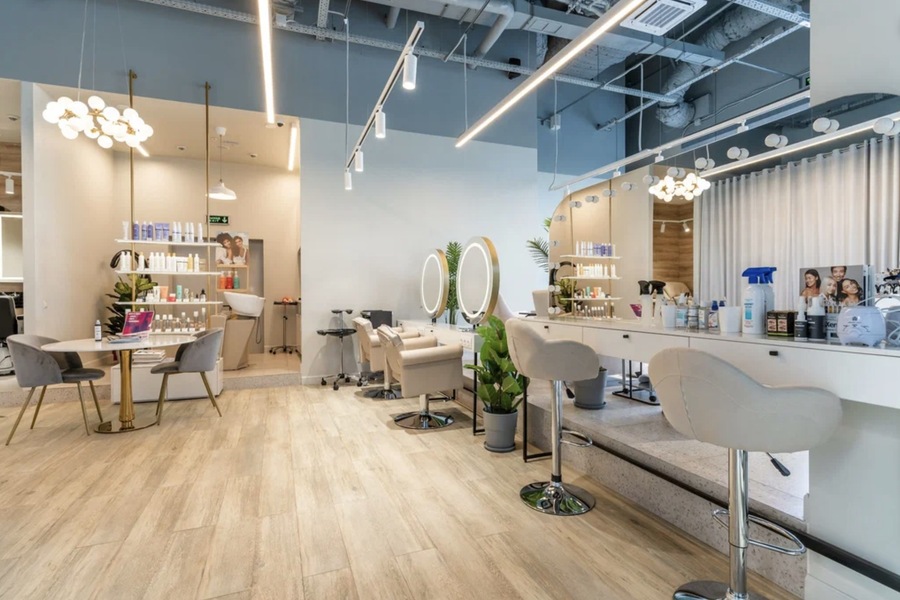
The Role of Festivals and Celebrations
Expatriates also bring unique beauty practices tied to their cultural festivals and celebrations. Events like Diwali, Christmas, and Chinese New Year create seasonal demand for specific beauty services, including bridal makeovers, festive nail art, and hair treatments.
This seasonal surge encourages businesses to offer tailored packages and promotions, further diversifying their services. The celebration of multicultural festivals in Dubai adds vibrancy to the city’s beauty industry, showcasing its ability to cater to a global clientele.
Future Trends and Opportunities
As Dubai continues to attract expatriates, the beauty industry is poised for further growth and diversification. Emerging trends such as personalized skincare solutions, digital consultations, and advanced cosmetic technologies are likely to gain traction. Businesses that invest in understanding their multicultural clientele and adapt to changing demands will remain competitive in this dynamic market.
Moreover, the ongoing cultural exchange facilitated by expatriates will continue to introduce new practices, enriching Dubai’s beauty landscape. The city’s position as a global hub ensures that its beauty industry will evolve in tandem with international trends, maintaining its appeal to residents and tourists alike.
Conclusion
The influence of expatriates on beauty trends in Dubai is a testament to the city’s global identity. Their diverse preferences have reshaped the market, introducing new products, services, and practices that cater to a multicultural audience. This dynamic exchange fosters innovation, drives economic growth, and positions Dubai as a leader in the global beauty industry.
Businesses that embrace this diversity, invest in innovation, and adapt to emerging trends will thrive in this vibrant market. As expatriates continue to shape the beauty landscape, Dubai’s industry will undoubtedly evolve, reflecting the city’s unique blend of tradition and modernity.

